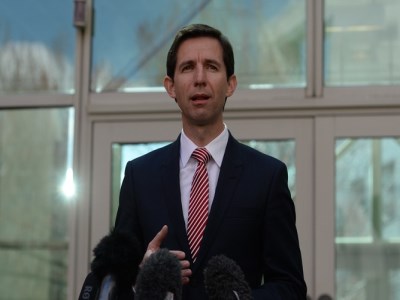
Federal Education Minister, Simon Birmingham, has called for an end to the ‘wink and nod’ deals as he meets with state leaders today to discuss Australia’s future school funding arrangements.
Today’s briefing to the states proposes they “provide advice to COAG on funding and reform principles to guide collaborative work that will drive improved student outcomes and position First Ministers to enter into a new national agreement on schooling by June 2018”.
In what is expected to be a heated meeting, Birmingham will present the Federal Government’s “detailed plan” outlining the money it will contribute, how the funding will be allocated and how Australia’s schools will benefit.
Ahead of the meeting, Birmingham was confident that the plan had broad support.
“Our policy has won the endorsement of many educators, academics, think tanks and parents,” he said in a statement today.
“I have been heartened when speaking with teachers, principals and families over the past fortnight as I’ve toured schools in Queensland, New South Wales, Victoria and South Australia.”
However, some states have slammed the Federal Government’s plan as unfair, saying their schools are likely to miss out on millions in funding.
A recent analysis by the Victorian Education Department warned that more than 70 of the state’s schools would be $1m worse off over the next two years as a result of the reforms.
Meanwhile, NSW Education Minister, Rob Stokes, is warning that he may consider court action if the Federal Government reneged on its existing funding agreements with the state.
Labor education spokeswoman Tanya Plibersek claims that the Federal Government was cutting $22bn from schools “to pay for a $50bn big business tax cut”.
“What kind of Prime Minister rips money off schoolkids to give it to bankers?” she said in a statement.
“The $22bn cut means every Australian school will lose an average of $2.4m. It’s the equivalent of sacking 22,000 teachers.”
However, Birmingham said that the Federal Government’s plan will bring “transparency, consistency and a truly needs-based approach to funding that has never before been achieved”.
“Those [schools] that currently receive the least will enjoy the fastest rates of growth,” he said, adding that more than 4,500 mostly government schools will benefit from “certain growth” in their per-student funding of more than 5% every year, for ten years.
“The Turnbull Government is presenting a historic opportunity to end the schools funding wars with a detailed plan for record and growing levels of federal funding that is based on the individual need of each school, is delivered equitably across states and equitably across non-government sectors.”


